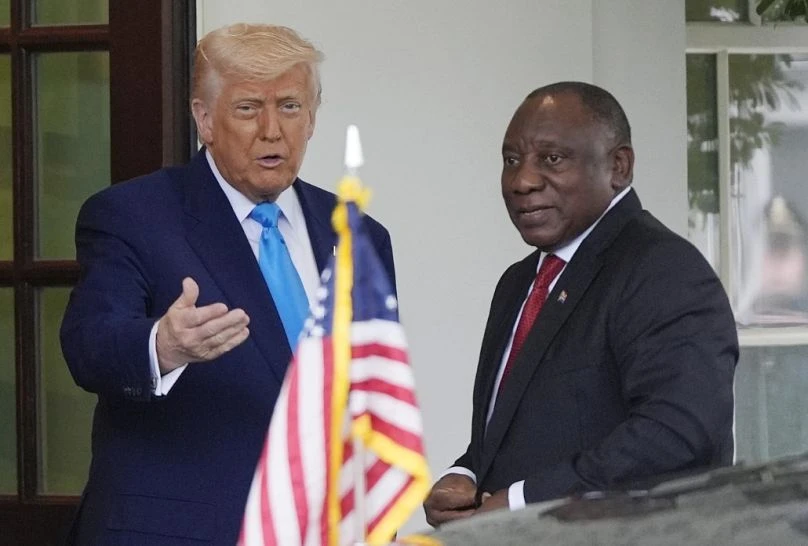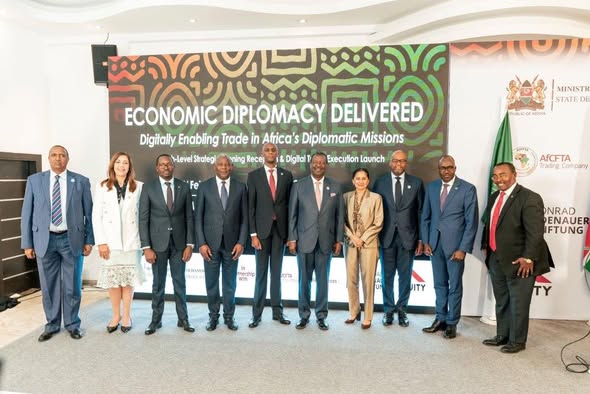South Africa Submits New Trade Proposal to Counter U.S. Tariffs

In response to the recent implementation of new tariffs by Donald Trump’s administration, South Africa is adopting a new strategy to secure relief from the United States. This trade partnership is vital for the survival of several sectors of the South African economy.
On August 12, South Africa presented a revised trade offer to the United States. This initiative follows the failure of previous negotiations based on a “framework agreement” submitted in May. The inability to reach common ground led the U.S. to impose, as of August 7, 30% tariffs on South African products, in “reciprocity” for similar measures taken by South Africa on U.S. agricultural and automotive products.
At a joint press conference, South African Ministers Parks Tau (Trade, Industry and Competition) and John Steenhuisen (Agriculture) could not disclose the details of the new proposal due to a non-disclosure agreement with the United States. However, Mr. Steenhuisen described the offer as “broad, generous, and open,” stating that it meets the criteria set by Washington and “represents something beneficial for both the United States and South Africa.”
The United States is South Africa’s second-largest trading partner, with bilateral trade reaching $17.64 billion in 2023, particularly in the automotive and agricultural sectors.
The increase in U.S. tariffs directly threatens these industries. According to Lesetja Kganyago, Governor of the South African Reserve Bank (SARB), this protectionist measure could result in the loss of around 100,000 jobs in the automotive industry. Analysts also expect significant repercussions for citrus, table grape, and wine exports.
To mitigate the impact of these tariffs, the South African government has put in place an emergency plan to diversify its export markets toward Africa, Europe, and the Middle East. An export support desk will help businesses identify new opportunities. Measures to strengthen competitiveness, including cash flow and equipment facilities, will also be financed by the Local Production Support Fund, with the aim of boosting import substitution and protecting domestic industry.





